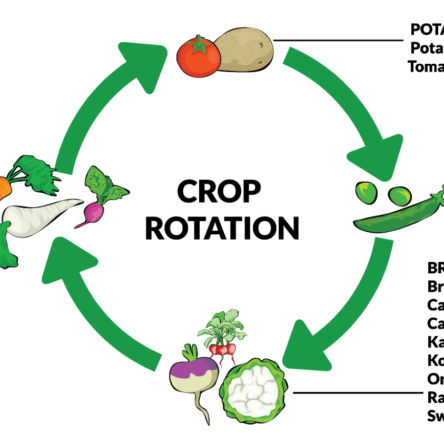In which one of the following regions was Dhanyakataka, which flourished as a prominent Buddhist centre under the Mahasanghikas, located? ...Read more
In which one of the following regions was Dhanyakataka, which flourished as a prominent Buddhist centre under the Mahasanghikas, located? [2023]
Read less


Dhanyakataka was a significant ancient city that emerged as a prominent Buddhist center, particularly under the Mahasanghikas, an early Buddhist sect. This city is primarily associated with the region of Andhra. Historical Context Location and Significance: Dhanyakataka is believed to have been locaRead more
Dhanyakataka was a significant ancient city that emerged as a prominent Buddhist center, particularly under the Mahasanghikas, an early Buddhist sect. This city is primarily associated with the region of Andhra.
Historical Context
The correct answer to the question “In which one of the following regions was Dhanyakataka, which flourished as a prominent Buddhist center under the Mahasanghikas, located?” is Andhra. The city’s historical and cultural significance, combined with its role as a center of Buddhist learning and practice, highlights its importance in the broader context of Indian history and the spread of Buddhism.
See less